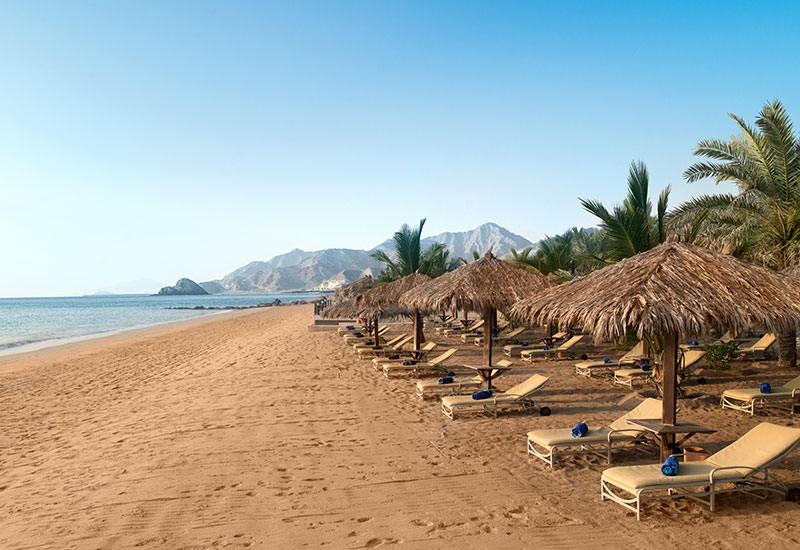New approaches to loyalty programmes and smart technology are predicted to shape the hospitality sector until 2022, according to data released by Colliers International earlier this year. Since then, we have seen Marriott announce one set of unified benefits across Marriott Rewards, The Ritz-Carlton Rewards and Starwood Preferred Guest (SPG) for its members, due to be launched on August 18, 2018.
However, the name of the unified programme is yet to be revealed, according to Marriott International chief sales & marketing officer, Middle East & Africa Neal Jones.
The hospitality industry has also seen AccorHotels — which bought the brands Fairmont, Raffles, and Swissotel in July 2016 for $2.7 billion — combine all four just a month before Marriot launches its unified programme. Until July 2018, all four were operating as separate loyalty programmes, but now, the hotel operator has finally combined all its loyalty programmes under the Le Club Accor Hotels programme.
On launching one combined loyalty programme, Flavio Leoni, vice president sales, distribution and marketing at AccorHotels, said in an interview with Hotelier Middle East that “as Fairmont President’s Club, Swissôtel Circle and Raffles Ambassadors programmes merge, the introduction of new properties unlocks Le Club AccorHotels’ powerful points-earning structure, which allows members to accumulate rewards with ease and transparency, remains the same. The concept allows members to earn, redeem and achieve a higher tier status easily.”
Leoni also said that unlike other rewards programmes, Le Club AccorHotels has a clear monetary value behind the Rewards Points accumulated by its members. For example, 2,000 rewards points is equivalent to US $47. Since there are no blackout dates as in other programmes, these points can be redeemed at any time and at any one of the 3,500 participating hotels located in 100 countries around the globe.
Marriott International is also planning on capitalising on its strengths: namely, its massive global portfolio. As one programme, Marriott Rewards, The Ritz-Carlton Rewards and SPG will give members access to the largest collection of properties in the world, allowing guests to book, earn and redeem for the first time across 29 participating brands and 6500 hotels in 127 countries and territories.
Regarding the upcoming launch from Marriott, Jones said: “together, our programmes represent the most awarded travel loyalty space. In August, we’ll be bringing together Marriott, Ritz-Carlton, and SPG under one programme with one set of benefits. This is what our 110 million members have been waiting for.”
Jones also believed that a good loyalty programme usually forms the backbone of a hotel’s business strategy. However, because of changing consumer behaviour and expectations, the landscape is changing.
According to him, modern travellers are passionate and adventurous, constantly thinking about their next great adventure and looking for brands that can help them get the most out of their travels.
“Our members do not want a one-size-fits-all, transactional programme, which is why we created one that is flexible, and places emphasis on creating an emotional connection by enabling our members to use their earned points for experiences, on and off property, personalised to them, when it matters most,” he noted.
But do loyalty programmes make sense for hotel operators and owners from a financial viewpoint?
According to Jones, loyalty drives and the subsequent returns are the lynchpin of Marriott’s success. It is therefore at the core of the operator’s strategy.
“Our loyalty programmes are one of our most strategic business assets driving long-lasting value to our hotels & owners. Loyalty delivers leading returns and creates stakeholder value. Today one out of every two guests across our hotels globally, is a member of one of our loyalty programmes,” he added.

| Advertisement |









 Search our database of more than 2,700 industry companies
Search our database of more than 2,700 industry companies









